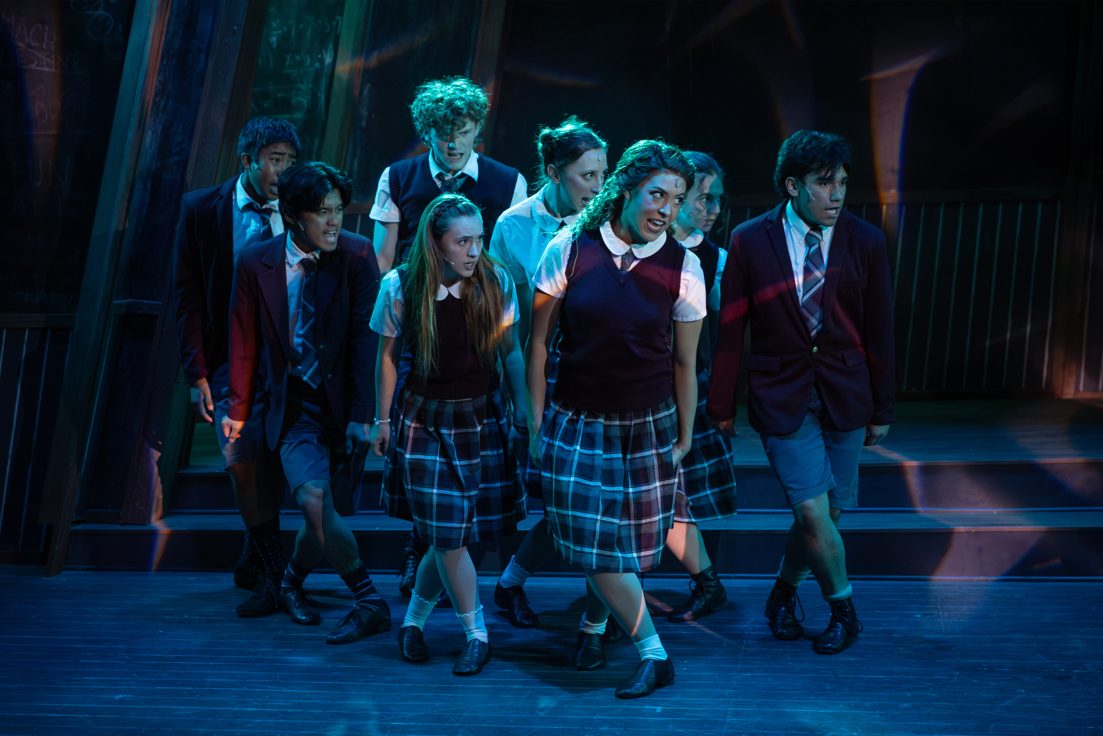I have never been one for novelty, for spontaneity, nor living for the moment. Since I was small, I’ve always leaned towards the sentimental, the familiar. I savor nostalgia and I yearn for the past. Now especially, as I begin my senior year, I mourn the comfortable familiarity of childhood, a time free of college applications, social drama, and SAT scores. It’s the little things, like decorating the Christmas tree and listening to Disney music, that remind me so deeply of my youthful contentment—a joy I associate closely with growing up beside my brother. I keep these small gems of sentimentality to myself, a personal memento to the unity I felt so acutely with my family—back when I was 7, 6, 5 years old.
I am 17 now. And recently, I was reminded that the past gifts us more than just memories.
A few weeks ago, my brother visited my grandma for lunch and returned with a green leather case. Inside was a plastic mahjong set. Before me, and before my father, my Lola played mahjong with that set. Years ago, she taught my father. He taught my brother. My brother taught me. The plastic tiles remained unscratched and the painted characters were vibrant reds, greens, blues, and blacks.
In my home that day, we made a makeshift mahjong table, and my parents, my brother, aunt, cousin and I began to play.
Turn by turn, we took tiles and discarded tiles. The rhythmic passing and placing of tiles felt simple yet synchronized, just like the passing of Christmas lights around the tree, or the familiar flow of “A Dream Is a Wish Your Heart Makes.” Even when one hesitated to make their move, the music of our game never faltered.
On one turn, I placed down the tile of five bamboo. Announcing “pong!” my brother took it and revealed his completed set, winning him the game. At first, I was tinged with bitterness; my mistake had caused my loss. This loss against my brother echoed the years I spent losing to him at nearly every video game and board game when I was growing up. Losing games to my brother is practically a tradition for me, and as such, I now don’t mind when he wins.
And looking back, I’m grateful to lose against my brother again. It means the chance to play with him again. It means the chance to be a child.
Playing Mahjong with my family reminded me of the beauty in longevity. It nurtured that sentimental, nostalgic little girl in me. But most of all, it reminded me that my family doesn’t live in the past. Playing with my family was like a dance that we all knew the steps to. The present is our dance floor, and I should dance while I have the chance.


![Valen Miao (9) [front] paddles in a dragon boat for Chinese Youth Dragon Boat, Sept. 13. Miao has been racing for one year.](https://wvnexus.org/wp-content/uploads/2025/09/Dragon-Boat-1200x491.jpg)


